What is a self-charging car?
Unlike full electric cars (link to electric car deals), a self-charging car, also known as a self-charging hybrid car, is a type of hybrid electric vehicle (HEV) that generates electricity as you drive, eliminating the need to plug it into an external charging point.
This saves the need for charging the car while you’re at home, and also prevents the risk that you’ll run out of charge while driving.
But, how does a self-charging car work, and is it the right choice for you? We reveal all in our detailed guide.
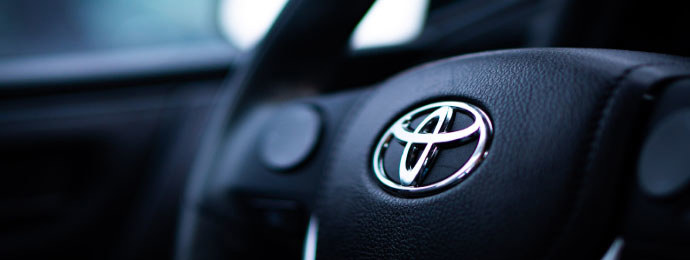
A self-charging hybrid car is a type of hybrid car that combines a traditional engine with an electric motor. With a self-charging hybrid, you don’t need to plug it into charge. Instead, the battery charges itself while you drive through regenerative braking (fancy, am I right?).
Every time you slow down or stop, the car captures energy that would otherwise be wasted and uses it to power the electric motor.
This makes them perfect for everyday driving, whether that’s inner-city driving or a work commute, as they can massively boost fuel efficiency.
In short, self-charging cars offer convenience, lower emissions, and battery fuel economy, all without having to change your driving habits.
A self-charging hybrid works by switching between a petrol or diesel engine and an electric motor without any need to plug in and charge.
As you drive along, the car’s engine generates electricity, which is stored in a small battery. They also capture energy when you break or coast along, known as regenerative braking. Instead of letting this energy go to waste, the car uses it to charge the battery and power the small electric motor.
While the electric motor can’t power the car for long distances, it contributes to increasing fuel economy and reducing emissions without any extra effort from the driver.
“A self-charging car, also known as a HEVs, are particularly efficient for around town, as they will recoup energy with stop-and-start driving. They tend to return a better fuel economy than a non-hybrid car as well as lower emissions.”

Plug-in hybrid cars use a mix of traditional fuel and an electric battery. Their main source of power is the fuel, however by using the battery to assist with aspects of driving they significantly reduce the amount of fuel you use. This can save you money at the petrol station while also lowering your car’s carbon emissions.
To charge a plug-in hybrid car, you’ll either use a slower charging cable that plugs into a domestic socket, a specific charging station fitted at your home, or one of many that are appearing across the country. Typically, they can travel up to 40 miles on electricity alone, although fuel will do the bulk of the work.
They’re more economical than a fuel-only car, especially if you regularly plug them in.
Self-charging electric cars, however, can’t be plugged in. They charge themselves up as you’re driving, using the power generated by traditional fuel to fill up your electricity levels. This electricity is then used to help with things like breaking, indicating and accelerating, adding to your car’s efficiency.
However, due to the small battery size of a self-charging car, they can only travel 1 to 2 miles on electricity alone and are much less economical than their plug-in alternatives.
Feature | Self-charging hybrid | Plug-in hybrid |
|---|---|---|
Charging method | No plug needed | Requires plug-in charging |
Electric-only range | 1 to 2 miles | Up to 40 miles (can vary depending on the model) |
Fuel economy | Slight boost to fuel economy | Very efficient if charged regularly. |
There’s a range of benefits that make self-charging hybrids a great choice for everyday drivers, including:
- Convenience - You don’t need to worry about finding a charging station or plugging in at home. The car simply charges itself so is always ready to go. Perfect for those without access to off-street parking.
- Fuel efficiency - They are more economical than traditional petrol or diesel cars. The electric motor assists with tasks like accelerating and braking, meaning you’ll use less fuel and lower your running costs.
- Emissions - Self-charging hybrids produce fewer emissions than a normal car, meaning you can contribute to reducing your carbon footprint.
- Performance - Thanks to the electric motor boosting the engine, self-charging hybrids are good for acceleration. Expect to go faster from a standing start while benefiting from reduced braking times and tighter steering.
In terms of fuel efficiency, self-charging hybrids perform better than traditional petrol and diesel cars. Compared to a conventional engine in the same car, a self-charging powertrain can add 5 to 10 miles per gallon.
While they aren’t as fuel efficient as plug-in hybrids over long distances, they still offer savings on fuel costs by making use of electric power.
Top five self-charging hybrids
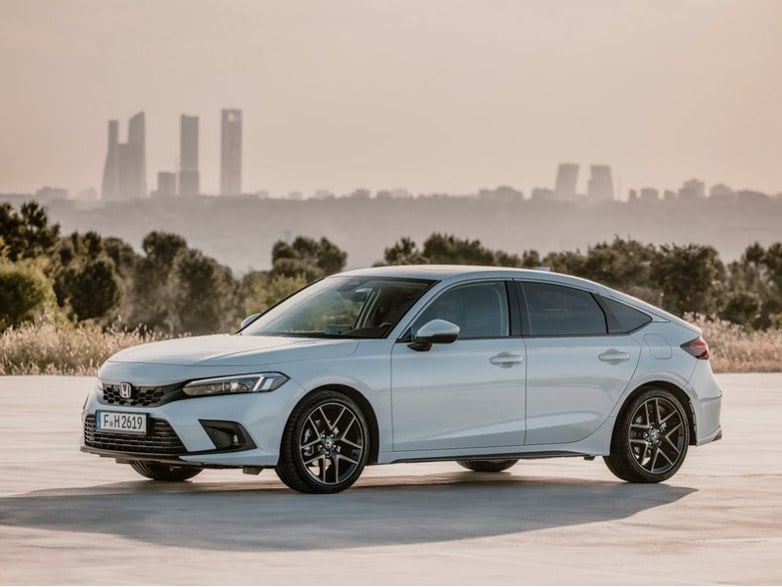
1. Honda Civic Hatchback
The Honda Civic is undoubtedly one of the best self-charging hybrid cars available on the market. Combining a 2.0-litre petrol engine with a small motor and 1.05kWh battery, it's fantastic car to drive.
One reason for this is because the self-charging hybrid works a bit differently to most; it can kick in at any speed. At lower speeds the electric motor does most of the work, while at higher speed the engine locks in directly to drive the wheels.
You'll also get a competitive fuel economy of 56mpg.
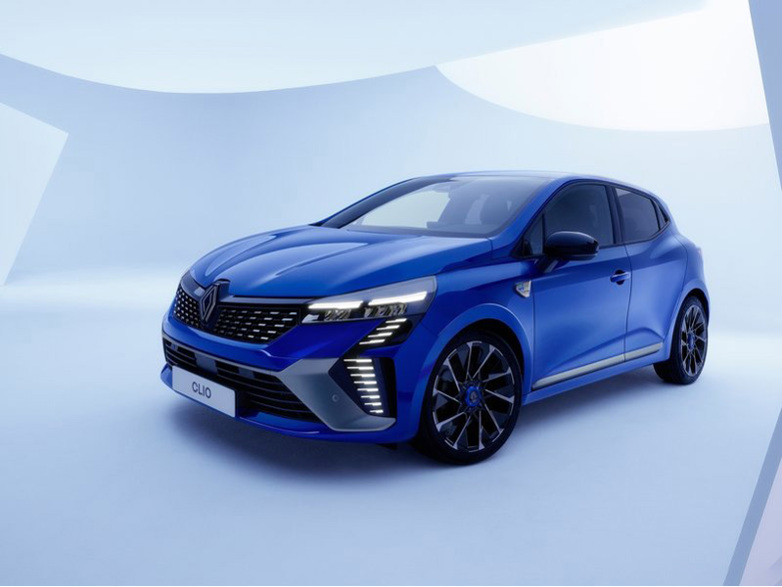
2. Renault Clio
The self-charging hybrid version of the Renault Clio, labelled the E-Tech 145, is top drawer. Combining a 1.6-litre petrol engine with a 1.2kWh electric motor, it goes for 145hp and goes from 0 to 62mph in just nine seconds.
It also boosts fuel economy to 64mpg, compared to the standard Clio's 53mpg. You can also cruise along at speeds of around 20mph in all-electric mode.
3. Dacia Jogger
The Dacia Jogger isn't the most glamorous car in the world, but what it lacks in looks it makes up in its self-charging powertrain. Labelled the hybrid 140, it combines two electric motors with a 1.6-litre hybrid to increase fuel economy to 59mpg.
What I like about the Jogger is that it seems to be oriented around economy. It always starts in hybrid mode when you turn on the car and comes with an Eco drive mode that boosts fuel economy. Good job Dacia.
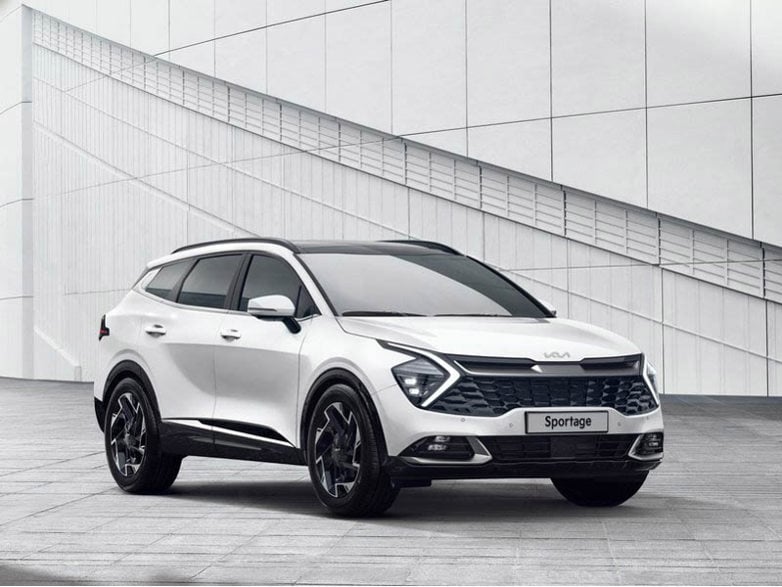
4. Kia Sportage
It should come as no surprise that the Kia Sportage makes it onto this list. A generally good car that comes with a smooth self-charging hybrid system, it's a great choice for families.
You can choose from two self-charging unites under the bonnet, both coming with 226bhp and returning a fuel economy of around 50mpg. They're superb to drive around town and have more than enough power to cruise along on the motorway.
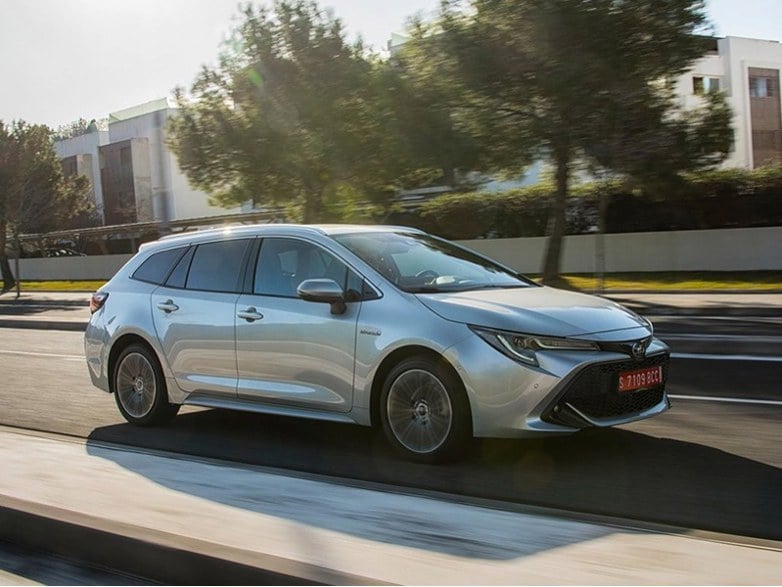
5. Toyota Corolla Touring Sport
The Toyota Corolla is one of the most popular self-charging hybrids on the planet. The Japanese manufacture never fails to deliver in terms of hybrid tech, and the Corolla continues this trend.
You can choose between a 1.8-litre and 2.0-litre unit, the latter of which goes from 0 to 62mph in just over seven seconds and returns 60mpg.
You'll also get loads of equipment as standard and precise steering. Look, if taxi drivers are choosing it, it must be a good car!
Want to know more about electric and hybrid cars? Take a look at our electric and hybrid guides to learn all you need to know about the future of motoring.
From tax savings to less money spent on fuel, there are plenty of reasons why you should make the switch and our guides cover them all.
Guide Information
Originally published: 28th April 2021
Last updated: 31st October 2024
